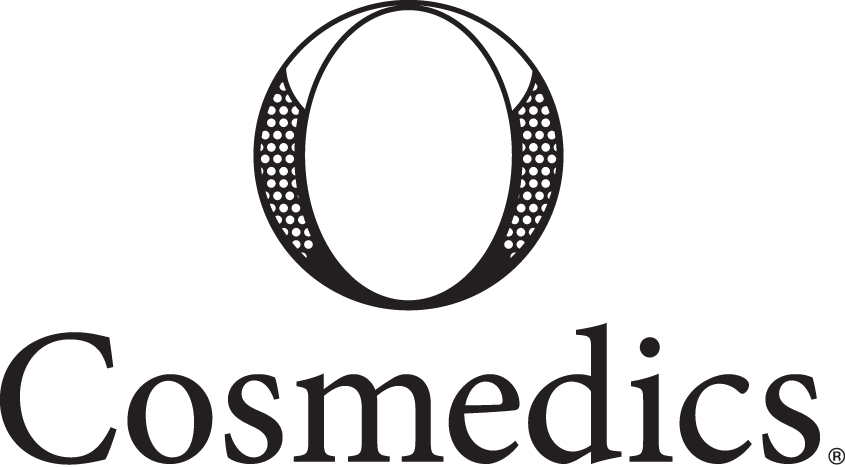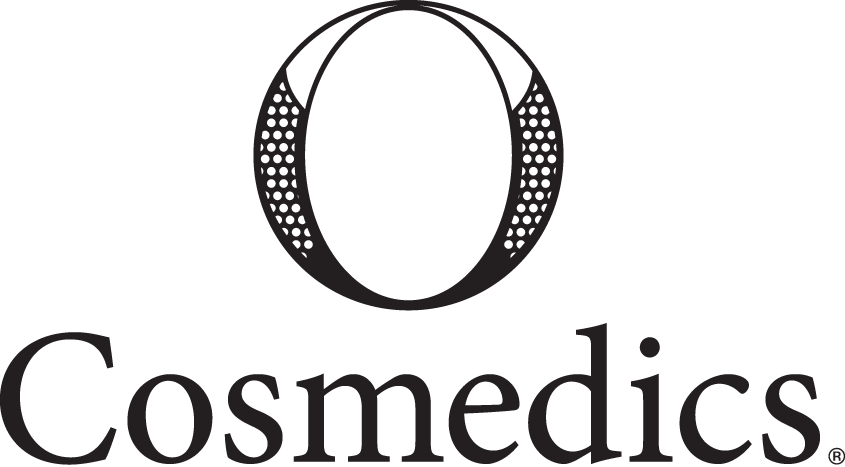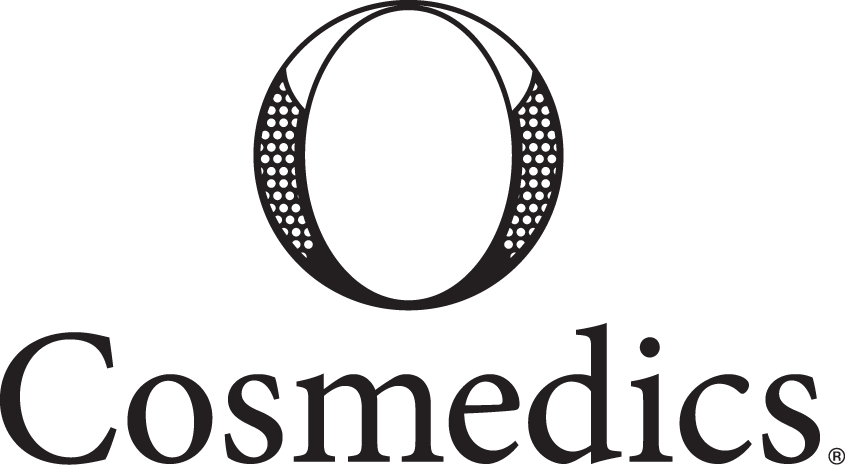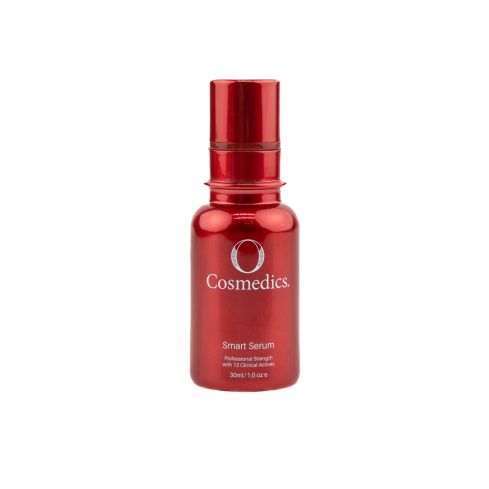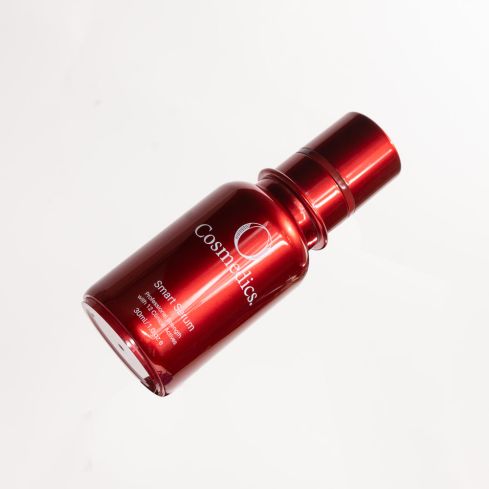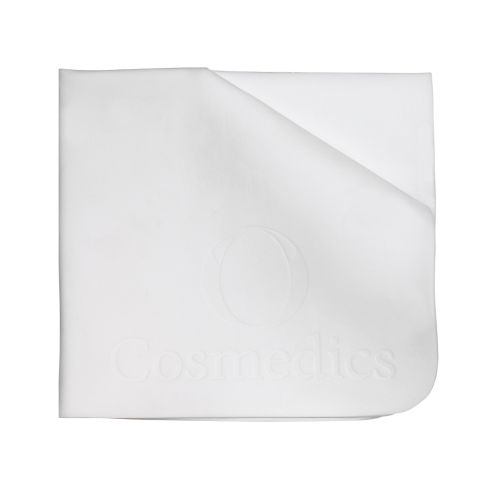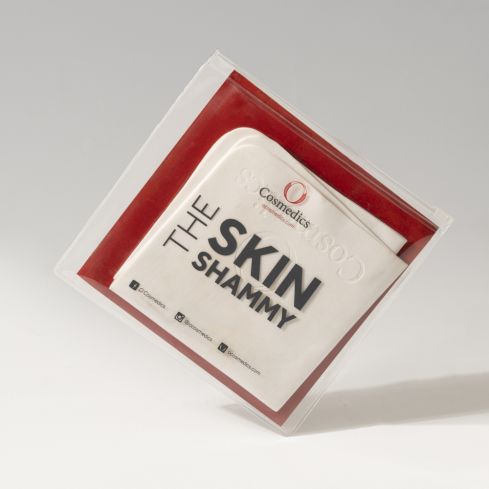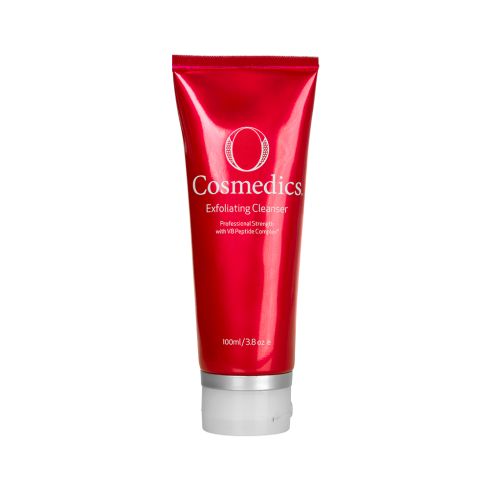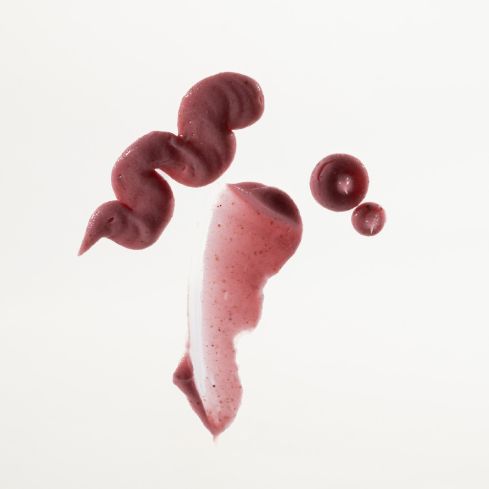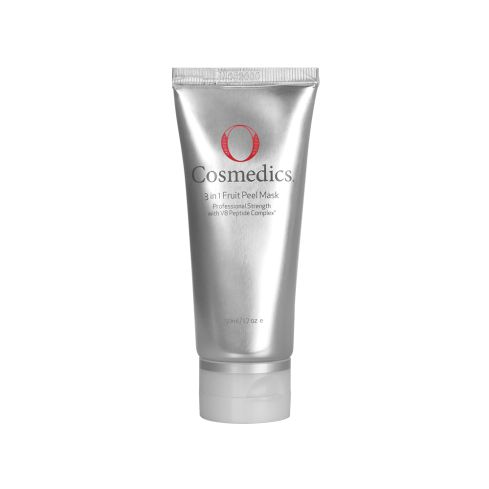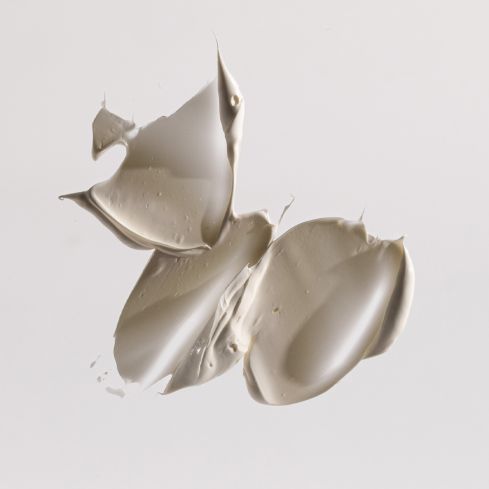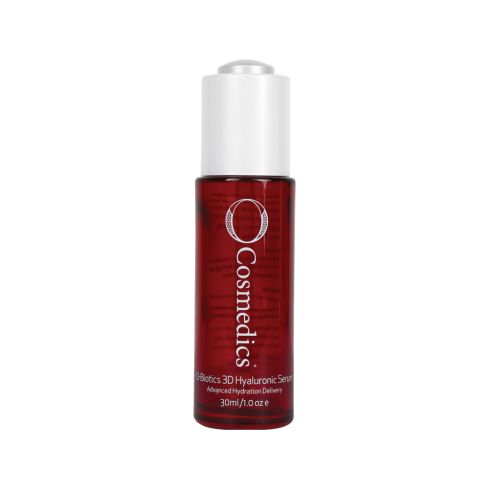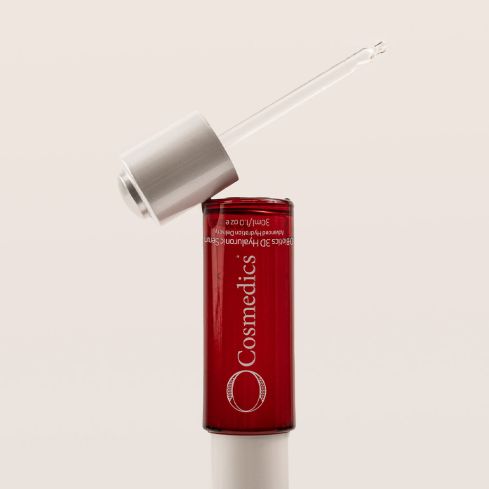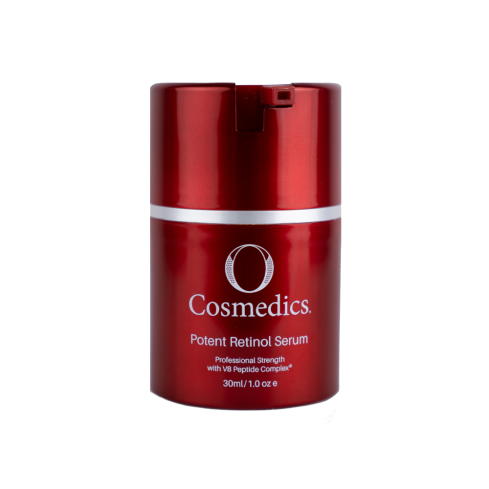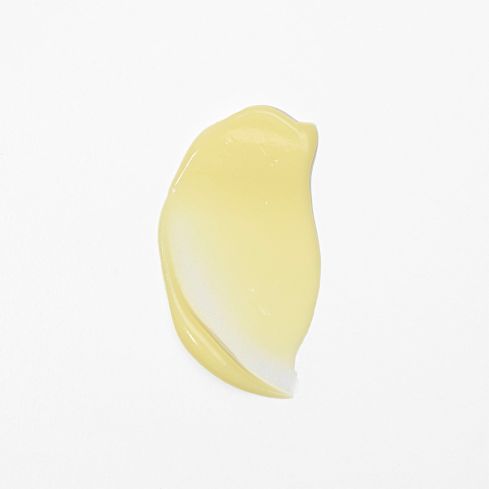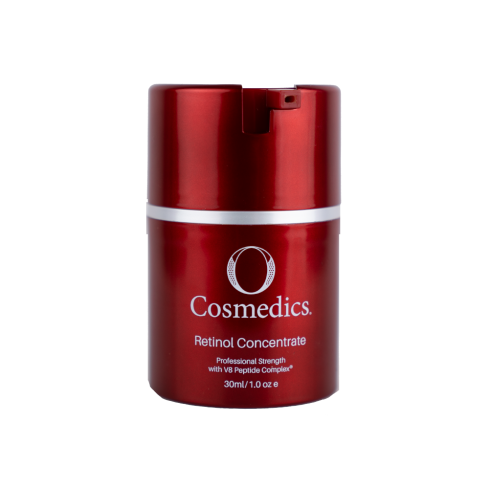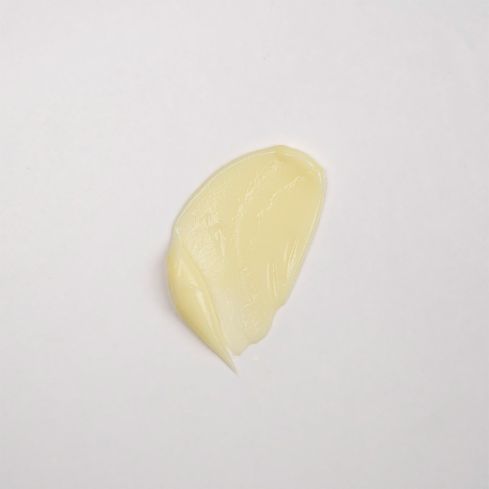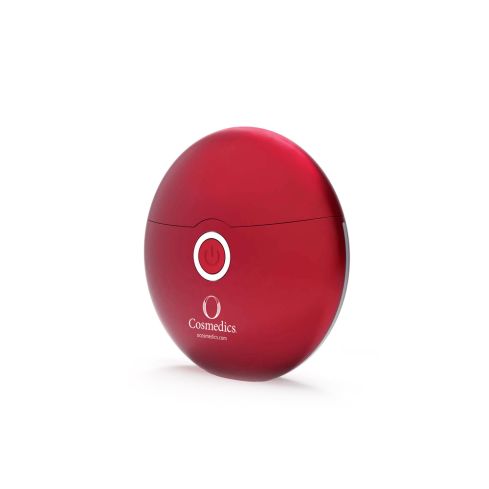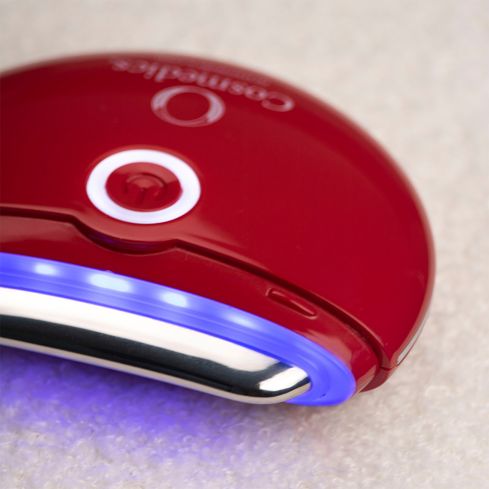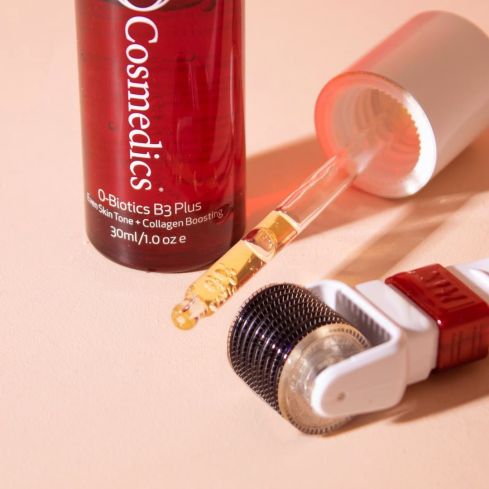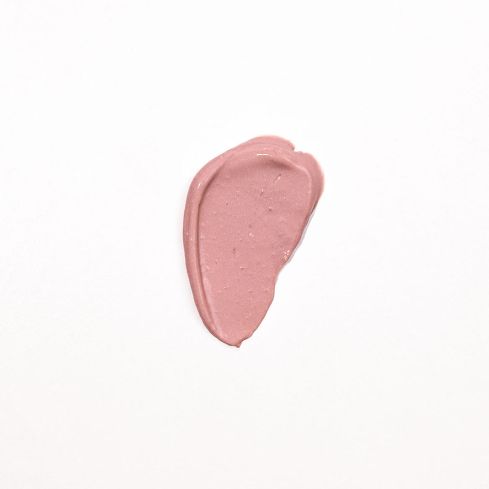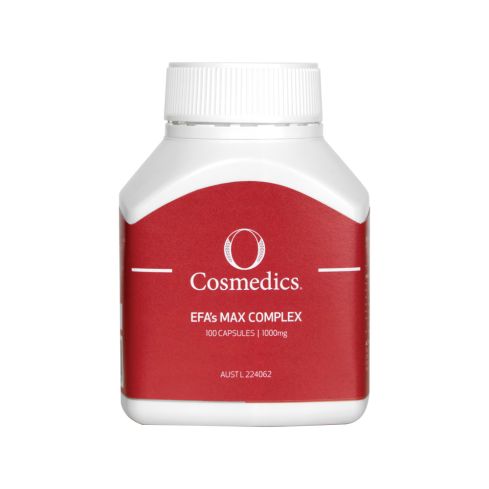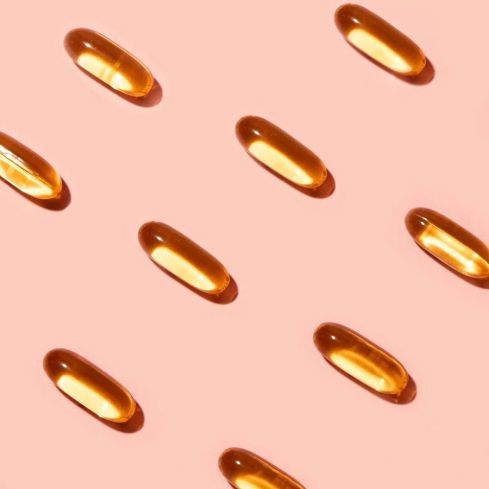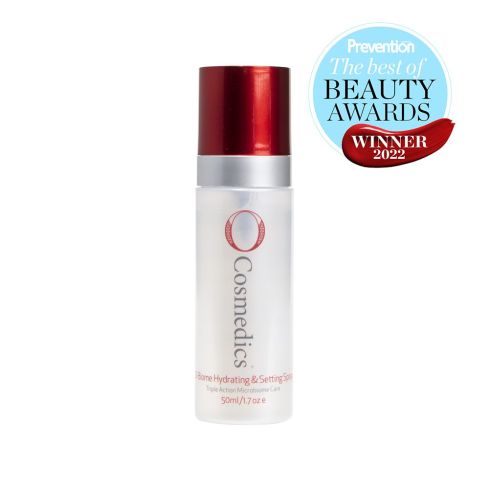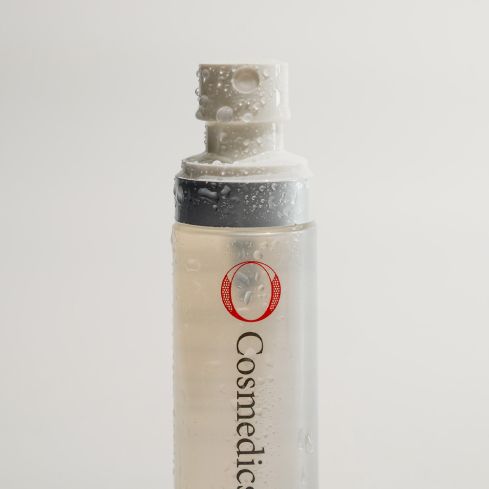
Oily
A cosmedical brand, O Cosmedics was designed to be prescribed in-clinic by professional O Skin Experts who we trust (and are highly qualified) to support and guide you on your skin health journey. We believe that in order to achieve skin health, youth, confidence and ultimate transformations you should first visit an O Skin Expert for a skin analysis, diagnosis and prescription. Aside from the wealth of knowledge and boosted results you’ll enjoy by visiting a Clinic, you’ll also guarantee the products you’re using are right for your skin, saving your money and time. We are committed to transforming skin through a multi-faceted skin treatment approach, both home care and in-clinic treatments, to get the best out of our skin. We’re yet to find a way to have a qualified O Skin Expert pop out of your screen to prescribe a tailored routine to achieve your skin goals, so until then, we recommend you Find a Clinic and an O Expert to begin!
FAQ
Oily skin has several distinct characteristics:
- Shiny appearance
- Large pores
- Congested and bumpy, rough skin
- Thickened skin texture
- Makeup sliding off or wearing off too quickly
- Persistent greasiness and skin getting oily too quickly
Understanding these characteristics can help you identify and tailor your skin care for oily skin to manage it effectively.
Oily skin can be caused by several factors, including genetics, hormonal changes, diet, and skincare habits. Here are some common reasons why your skin might be oily:
- Genetics - If your parents have oily skin, you are more likely to have it too. Genetic predisposition plays a significant role in determining your skin type, increasing your need for oily skin care products.
- Hormonal Changes - Hormones can trigger excess oil production, especially during puberty, menstruation, pregnancy, or menopause. Hormonal imbalances, such as those caused by conditions like polycystic ovary syndrome (PCOS), can also lead to oily skin and affect the type of oily skin care products you might need.
- Diet - Consuming a diet high in unhealthy fats, sugars, and processed foods can contribute to an imbalanced skin barrier and a sluggish oil flow. A balanced diet rich in fruits, vegetables, and whole grains can help maintain healthy skin and complement your skin care for oily skin.
- Skincare Products - Using the wrong skincare products, such as harsh cleansers or products that strip the skin of its natural oils, can cause the skin to overcompensate by producing more oil. It’s essential to choose skin care for oily skin that includes appropriate products for oily skin.
- Over-Washing - Washing your face too frequently or using hot water can strip the skin of its natural oils, leading to increased oil production as the skin tries to compensate for the loss.
- Stress - High levels of stress can trigger the release of cortisol, a hormone that can increase oil production in the skin to compensate for a decrease in natural lipids, and a loss of hydration.
- Climate - Humid and hot weather can cause the skin to produce more oil to compensate for a decrease in natural lipids and a loss of hydration. If you live in a humid climate, you might notice your skin becoming oilier, making it important to adjust your routine with suitable oily skin care products.
Understanding these factors can help you adjust your skincare routine and lifestyle to manage it effectively with oily skin care products suitable for your skin.
When choosing products for oily skin, look for ingredients that help control excess oil, minimise pores, and prevent breakouts without over-drying the skin. Here are some key ingredients commonly found in skin care for oily skin:
- Salicylic Acid – Many products for oily skin contains Salicylic Acid, which is a beta hydroxy acid (BHA) that penetrates pores to exfoliate and clear out excess oil and debris, helping to prevent acne.
- Niacinamide (Vitamin B3) – some of the best skin care for oily skin contain Niacinamide which helps regulate oil production, reduces inflammation, and improves the overall texture of the skin.
- Retinoids (Retinol) – Oily skin care products containing Retinoids promote cell turnover and help keep pores clear, reducing the occurrence of breakouts and improving skin texture.
- Alpha Hydroxy Acids (AHAs) – Products for oily skin containing AHAs such lactic acid exfoliates the surface of the skin, and increases hydration levels to improve skin texture, and prevent clogged pores.
- Zinc - Helps control oil production and has anti-inflammatory properties, often found in moisturisers and sunscreens for oily skin.
- Hyaluronic Acid – Often found in skin care for oily skin, Hyaluronic Acid provides lightweight hydration without adding excess oil, keeping the skin balanced and moisturised. Oily skins are generally lacking in hydration due to an imbalance in lipids.
Look for non-comedogenic products for oily skin, which are formulated to not clog pores. Consistency is key in managing skin concerns, so use these ingredients regularly as part of your skin care for oily skin.
For guidance on finding the best hydrating products for oily skin, visit your nearest O Skin clinic or start a live chat on our website with an O Skin Expert.
Treating oily skin involves balancing oil production, preventing clogged pores, and managing breakouts by using specifically formulated skin care for oily skin. Here are some effective steps to treat oily skin:
- Use appropriate cleansers - Choose a foaming or gel cleanser such as Corrective Cleanser designed for oily skin and/or a cleansing oil like Nourishing Cleansing Balm to deeply cleanse the skin without stripping it back. Cleansing twice daily helps remove excess oil, balance unhealthy oil production and prevent clogged pores. Avoid harsh cleansers that can strip the skin and cause overproduction of oil.
- Exfoliate Regularly - Exfoliate 1-2 times a week with oily skin care products containing Salicylic Acid or Alpha Hydroxy Acids (AHAs) to remove dead skin cells and keep pores clear. Avoid over-exfoliating, which can irritate the skin and increase oil production.
- Use Oil-Free Moisturisers – A true oily skin may prefer a lightweight, oil-free, or gel-based moisturisers like Rebalancing Cream that provide hydration without adding extra oil. Oily skin care products containing Hyaluronic Acid is a good choice as it hydrates without being greasy. Balanced oily skin or those oily skins that are dehydrated can benefit greatly from Comfort Cream which helps to restore the skin’s acid mantle.
- Incorporate Retinoids - Use products for oily skin containing Retinoids (like Retinol) to promote cell turnover and prevent clogged pores. Retinoids also help improve skin texture and reduce breakouts.
- Maintain a Healthy Diet – Your skin care for oily skin is not complete without a healthy diet. Eat a balanced diet rich in fruits, vegetables, and whole grains while avoiding excessive sugar and processed foods. A healthy diet can influence skin health and oil production.
- Take EFAs Daily – Essential Fatty Acids are crucial for oily skins as the lipid content balances sebum levels contributing to even and healthy oil flow and a reduction in congestion and clogging of the pores.
Consistency in your skincare routine is crucial for managing oily skin effectively. Regularly using appropriate products for oily skin and following these steps can help control oil, reduce shine, and improve the overall appearance of your skin.
Yes, applying moisturiser is important even if you have oily skin. A lightweight, oil-free moisturiser helps maintain hydration and balance oil production, preventing your skin from becoming too greasy or dehydrated. Proper hydration supports the skin’s natural barrier, protecting it from environmental stressors and improving overall skin texture.
Additionally, well-moisturised skin provides a smoother base for makeup, reducing shine and enhancing the finish. Opt for gel-based or oil-free products for oily skin with ingredients like Hyaluronic Acid or Glycerin to hydrate without clogging pores.
Yes, you can and should exfoliate oily skin, but it’s important to do it correctly. Exfoliation helps remove dead skin cells, unclog pores, and prevent breakouts by clearing excess oil and debris. For oily skin, opt for exfoliants with ingredients like salicylic acid or alpha hydroxy acids (AHAs), which help dissolve excess oil and exfoliate the skin effectively.
Use exfoliants 1-2 times a week to avoid over-exfoliating, which can irritate the skin and increase oil production. Avoid harsh physical scrubs, as they can damage the skin and exacerbate oiliness. Proper exfoliation is a crucial step in maintaining a clear and balanced complexion with the right oily skin care products.
If you have oily skin, you should wash your face twice a day—once in the morning and once before bed. Washing twice daily helps remove excess oil, dirt, and impurities that can clog pores and contribute to acne. Use a gentle, oil-control or foaming cleanser and/or a cleansing oil specifically designed for oily skin as part of your skin care for oily skin. These products for oily skin help manage oil production effectively without over-drying.
